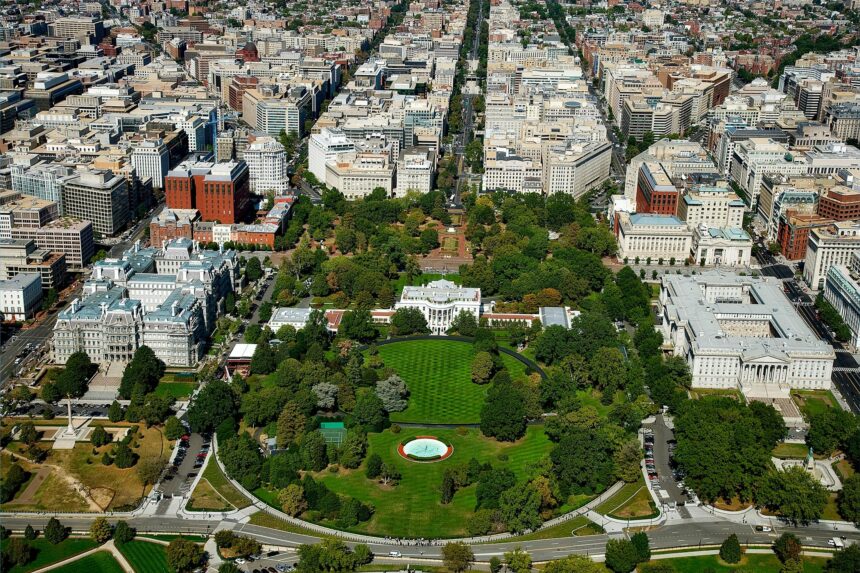Late Tuesday, the White House took aim at Amazon after reports surfaced that the online retailer would start listing the additional cost of President Trump’s import tariffs alongside product prices. “This is a hostile and political act by Amazon,” Press Secretary Karoline Leavitt told reporters, questioning why the company didn’t do something similar when prices rose under the previous administration.
“Why didn’t Amazon do this when the Biden administration sent inflation to a 40-year high?” Leavitt asked, adding, “This is another reason why Americans should buy American.”
Her comments sent Amazon shares tumbling more than 2% in premarket trading.
What Amazon Actually Planned
An Amazon spokesperson later clarified to CNBC that the tariff-fee display was only ever under consideration for “Amazon Haul,” the company’s budget-friendly storefront. “The team that runs our ultra-low-cost Amazon Haul store has considered listing import charges on certain products,” the spokesperson said. “This was never on the main Amazon site, and nothing has been implemented.”
White House’s Sharp Response
During the daily briefing in Washington, D.C., Leavitt held up a print-out of a 2021 Reuters report accusing Amazon of censoring reviews of a book by Chinese President Xi Jinping—highlighting past compliance with Beijing. She used it to underscore her point that Amazon’s move fit a pattern of political friendliness to foreign powers.
When pressed about whether she and Treasury Secretary Scott Bessent agreed that Amazon’s plan “crystal-clearly” showed U.S. consumers would foot the bill for tariffs, Leavitt said she’d just discussed the issue with President Trump.
Tariffs Upending Retail
U.S. import duties have climbed in recent weeks, with an effective 145% levy on many goods from China, plus 10% charges on imports from countries like Vietnam and Cambodia. Retailers from luxury labels to discount marketplaces are scrambling to work out how much of those added costs they can absorb—or must pass on.
Fast-fashion sites such as Shein and Temu have already started itemizing surcharges at checkout, some marking “import charges” near the 145% rate for China-made goods. Amazon’s proposed move would have joined a growing trend of publicly breaking out extra fees.
The Bezos–Trump Dynami
Leavitt’s criticism may signal a fresh rift between President Trump and Jeff Bezos, who has warmed to Trump since the 2024 election. In December, Bezos told reporters he believed Trump had grown “more confident and calmer,” and that donation of $1 million to the presidential inaugural fund sparked headlines—and raised eyebrows given Trump’s past clashes with the Washington Post, owned by Bezos.
Why It Matters
- Consumer Transparency: Listing tariff fees helps shoppers see exactly how much government policy inflates prices.
- Political Fallout: Pointing out those fees can be read as a critique of administration policy—hence the White House’s swift pushback.
- Market Volatility: Amazon’s stock dip after Leavitt’s remarks shows just how jittery investors are about any hint of political conflict affecting U.S. retail giants.
Looking Ahead
For now, Amazon’s main site remains unchanged. But the debate highlights growing friction between big tech and the White House over the cost—and politics—of tariffs. As Leavitt reminded reporters, “Americans should buy American,” a rallying cry that may shape shopping trends and political battles alike in the months to come.
Read Also: Trump’s Tariffs and Tough Talk Shaking the World’s Rules-Based Order






